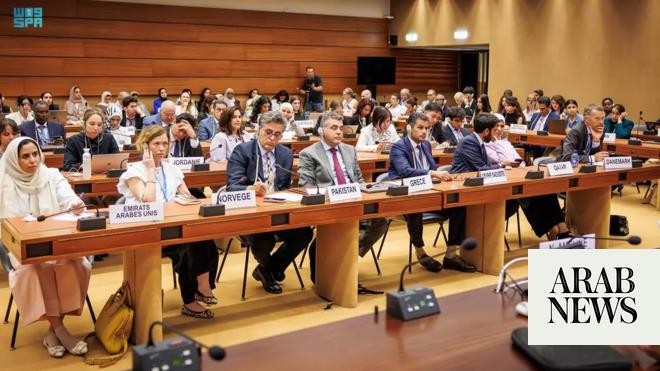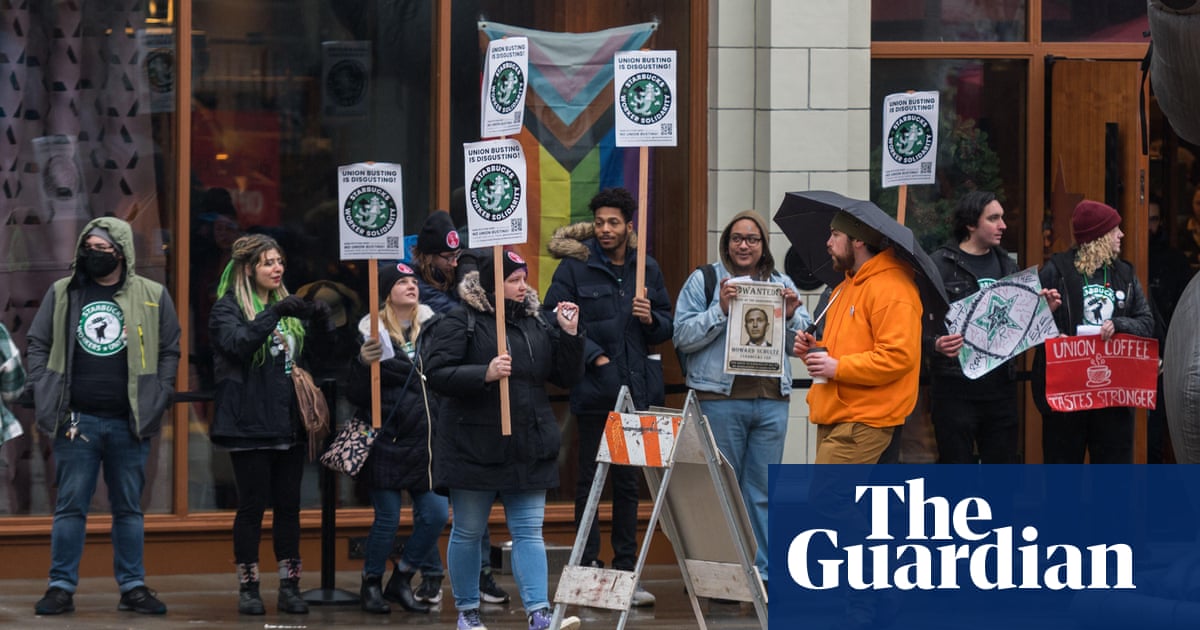
CHICAGO (Reuters) - Tyson Foods Inc faces pressure from nuns, the Teamsters union and asset managers to disclose more about its lobbying and human-rights policies, after meatpacking workers were ravaged by COVID-19 last year.
Investors at Tyson’s annual meeting on Thursday will vote on shareholder proposals asking the largest U.S. meatpacker by sales to prepare separate reports on political contributions and worker protections. Another shareholder proposal calls for a plan to end a dual-class share structure under which the Tyson family has voting power over about 71% of the company’s outstanding stock, according to regulatory filings.
The family’s voting power will likely mean the proposals fail, but the meeting to be held after Tyson earnings are released on Thursday highlights widening calls for meat companies to answer for complaints brought about by the pandemic.
Influential proxy advisory firms Glass Lewis and Institutional Shareholder Services recommend investors support all three measures.
Twenty-two religious organizations and BMO Asset Management are pushing the proposal for a report on the human-rights impacts of Tyson’s business, according to filings with the Securities and Exchange Commission.
Among the supporters is Sister Judy Sinnwell, chair of socially responsible investing for the Sisters of St. Francis in Dubuque, Iowa. She said she believes Tyson workers did not receive adequate warnings about COVID-19 or protection from the virus.
“COVID made it really, really visible that workers were not taken care of,” Sinnwell, 78, said in a phone interview.
Tyson said employee health is its top priority and that it already has policies to protect human rights, making an additional report unnecessary. The company said it spent $540 million on COVID-19-related costs in fiscal-year 2020, including about $300 million on bonuses for workers, and has taken steps to protect them from the coronavirus.
The company was sued last week for allegedly defrauding shareholders about its ability to combat the spread of the virus.
In December, Tyson fired seven managers at an Iowa pork plant after investigating allegations that they took bets on how many employees would catch COVID-19.
The International Brotherhood of Teamsters, which represents some Tyson workers, submitted the shareholder proposal urging Tyson to expand lobbying disclosures.
The union wants more information about Tyson’s payments to trade organizations, after an industry group lobbied the Trump administration to waive limits on slaughtering speeds in chicken plants last year, said Louis Malizia, assistant director of the Teamsters’ capital strategies.
The meat sector also supported an order from former President Donald Trump last year to keep slaughterhouses open, despite concerns about coronavirus outbreaks.
Tyson said trade associations address issues that can benefit the company and that its political contributions are reported in accordance with applicable laws.
The company said its dual-class share structure increases the Tyson family’s interest in the company’s long-term success, providing stability during the pandemic and other crises.
Institutional Shareholder Services said equal voting rights would make Tyson’s board more accountable.










